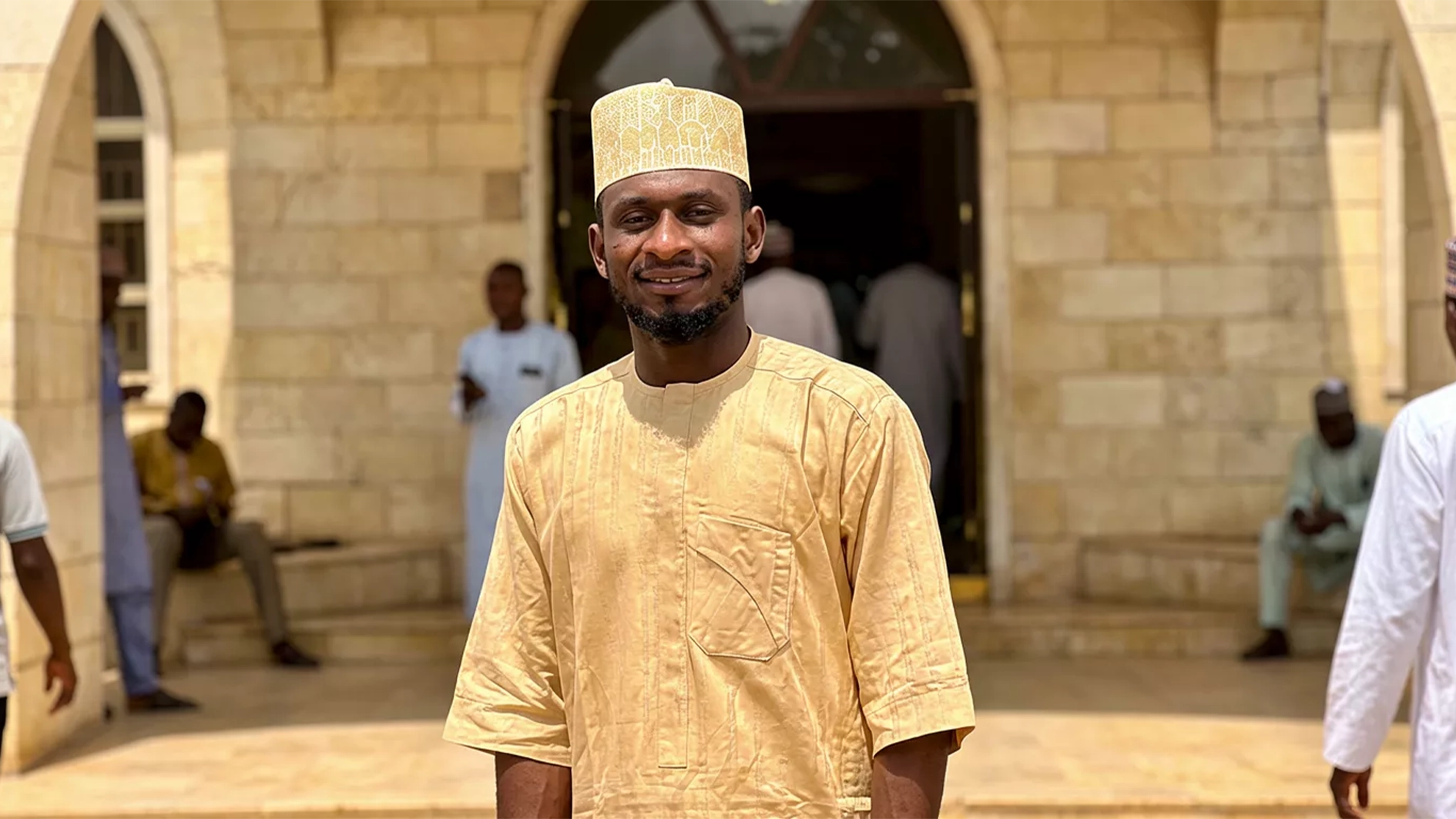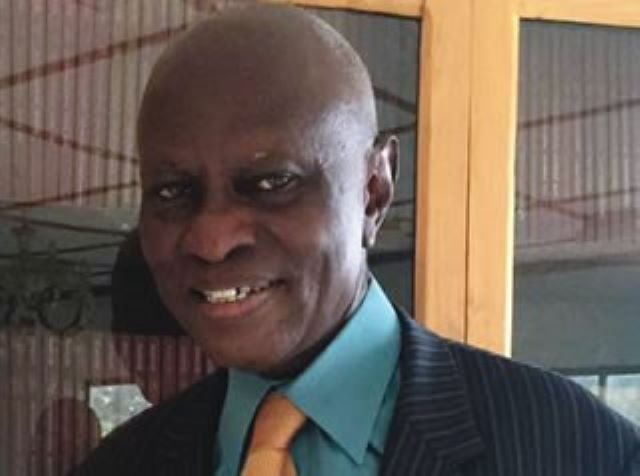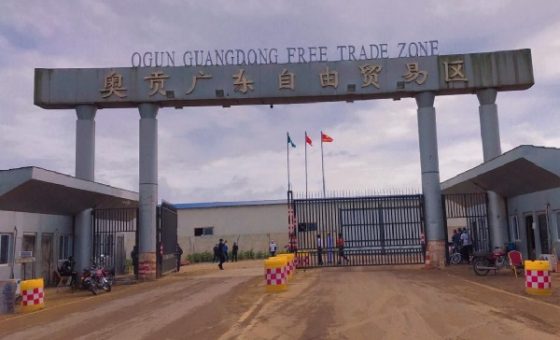
Renowned Christian cleric in Kaduna, Reverend Joseph Hayab, has sued the Federal Government at the Community Court of Justice of the Economic Community of West African States (ECOWAS) in Abuja, following the demolition of a church located at Kaduna State University (KASU) by former Governor Nasir El-Rufai.
The hearing in case number ECW/CCJ/APP/40/23, filed in October 2023 against Ex-Governor El-Rufai’s government, commenced last Friday, 28 February 2025, at the ECOWAS Court, Abuja, where Reverend Hayab instituted the suit over the demolition of the only church where Christian students worship at the main campus of KASU.
Besides, the former Kaduna State Government was also said to have allegedly sought “to forcefully confiscate the Chapel of Goodnews, which shares a fence with Kaduna State University and has its separate ownership.”
In the suit, which was also transmitted and monitored virtually via Zoom, Counsel to the Applicant, Gloria Mabeiam Ballason, while addressing the Court, said that the right to freedom of religion and equal treatment before the law is enshrined in the African Charter and the Constitution of the Federal Republic of Nigeria.
She further argued that “the decision by the Nigerian Court to not so much as arraign Ismail Umaru Dikko, the agent of state who personally led joint armed security agents to demolish the chapel and harassed and manhandled the leaders of the church and workers at the site, meant that the Court shut its doors against the litigant, put the state government above the law, and swept her client beneath the law.”
She further noted that “Kaduna State University is a separate and distinct entity from Chapel of Goodnews and is owned by two separate, unrelated entities.”
READ ALSO: Shettima urges more private investment in climate-smart agriculture
Ballason stated that Kaduna State is under the governing powers of the Federal Republic of Nigeria, which is the Defendant, and that the Constitution of the Federal Republic of Nigeria is supreme, with a binding force on the authorities and persons in the country, as stipulated in Section 1(1) of the 1999 Constitution of the Federal Republic of Nigeria. She added that “the proper party to sue in the case is the Defendant, as provided by the Rules of the ECOWAS Court.”
Also in the suit, the Applicant mentioned that “the Respondent has violated the rights, and there is a need for effective remedies, including exemplary damages, that would forestall violations of the right to freedom of religion, which is contained in Nigeria’s municipal laws, regional laws, and international law, the subject matter being the fundamental right to religious freedom, which comes from the dignity of the human being as God’s creation.”
The Counsel therefore urged the Court to dismiss the Defendant’s statement and prayed the Court to protect and enforce the rights of the Applicant in the interest of justice.
Meanwhile, Defense Counsel, Barrister I.I. Hassan, urged the ECOWAS Court to dismiss the case on grounds of abuse of court processes and lack of merit, stating that the Applicant did not exhaust local remedies and that the application amounted to forum shopping.
However, Counsel to the Applicant, Barrister Gloria Mabeiam Ballason, asserted that “the universal principle of law is that where there is injury, there must be a remedy, and since the Nigerian Court shut its doors, the regional court was available for remedies, more so as exhaustion of local remedies was no longer a condition precedent for an application at the regional court.”
The panel of three Justices who heard the suit has reserved the matter for






